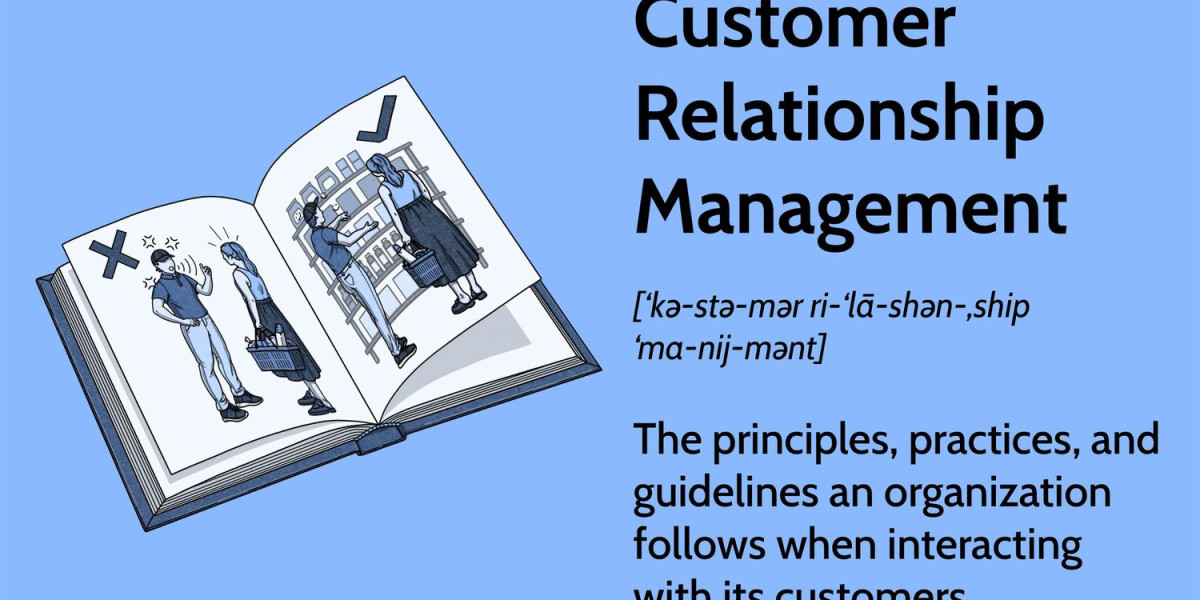In today's fast-paced business environment, customer relationship management (CRM) systems are essential tools for companies of all sizes. However, a one-size-fits-all approach no longer suffices. Customizable CRM systems are now at the forefront, offering businesses the flexibility to tailor solutions to their unique needs. Here’s a deep dive into the benefits and features of customizable CRM solutions.
Understanding Customizable CRM
What is Customizable CRM?
A customizable CRM is a customer relationship management system that allows businesses to modify and configure features, modules, and workflows to fit their specific operational needs. Unlike traditional CRM systems, which come with predefined features and structures, customizable CRMs offer a more flexible framework.
Why Customization Matters
Customization is crucial because every business has unique processes, customer interaction strategies, and data management needs. A customizable CRM enables businesses to:
- Align the CRM with specific business processes.
- Improve efficiency by eliminating unnecessary features.
- Enhance user adoption by providing a more intuitive and relevant interface.
Key Features of Customizable CRM Systems
Tailored Workflows
Customizable CRMs allow businesses to create workflows that mirror their internal processes. This ensures that the system works in harmony with how teams operate, enhancing productivity and consistency.
Adaptable Dashboards and Reports
With customizable dashboards and reports, businesses can track the metrics that matter most to them. This ability to focus on key performance indicators (KPIs) helps in making informed decisions and driving business growth.
Modular Architecture
A modular architecture means that businesses can add or remove features as needed. This flexibility allows companies to scale their CRM system in tandem with their growth, avoiding unnecessary complexity and cost.
Integration Capabilities
Customizable CRMs often come with robust integration capabilities, allowing seamless connectivity with other tools and platforms that a business uses, such as email marketing tools, social media platforms, and e-commerce systems.
Benefits of Implementing a Customizable CRM
Enhanced Efficiency
By tailoring the CRM to fit their specific processes, businesses can streamline operations and reduce time spent on administrative tasks. This leads to higher efficiency and productivity across teams.
Improved Customer Relationships
A customizable CRM helps businesses better manage customer interactions and data, leading to more personalized and effective communication. This improves customer satisfaction and loyalty.
Scalability
As a business grows, its needs evolve. Customizable CRMs are designed to scale, ensuring that the system can adapt to changing requirements without the need for a complete overhaul.
Better Data Management
With the ability to configure data fields and structures, businesses can ensure that their CRM captures and organizes data in the most useful way. This enhances data accuracy and usability.
Choosing the Right Customizable CRM
Assess Your Needs
Before selecting a customizable CRM, it's essential to assess your business needs. Consider your current processes, pain points, and future growth plans.
Evaluate Features
Look for a CRM that offers the flexibility you need. Key features to consider include workflow customization, integration capabilities, and user-friendly interfaces.
Consider User Experience
The success of a CRM implementation often hinges on user adoption. Choose a system that offers a good user experience and provides adequate training and support.
Scalability and Support
Ensure that the CRM can grow with your business and that the vendor offers reliable support and regular updates.
Conclusion
Customizable CRM systems are transforming how businesses manage their customer relationships. By providing the flexibility to tailor features and workflows to specific needs, these systems enhance efficiency, improve customer satisfaction, and support business growth. As businesses continue to evolve, the demand for customizable CRM solutions is likely to rise, making them an essential tool in the modern business toolkit.














